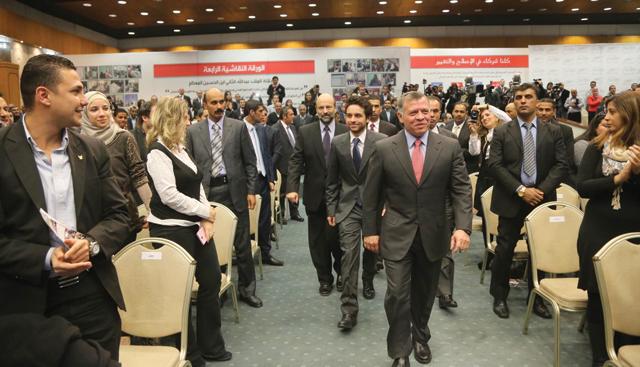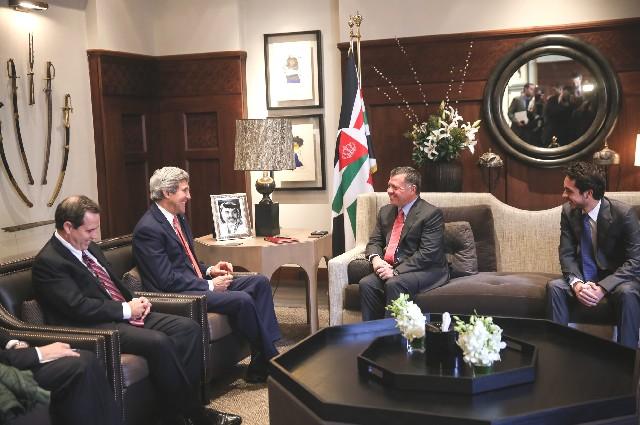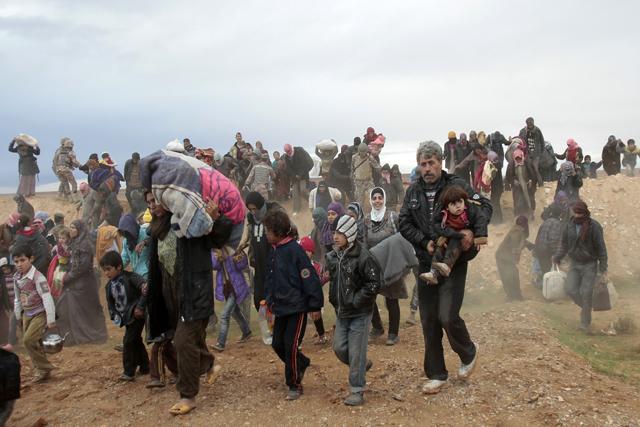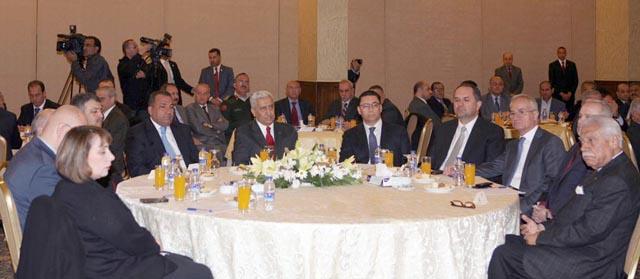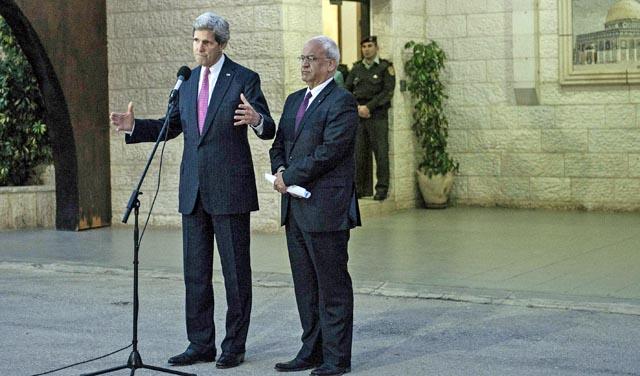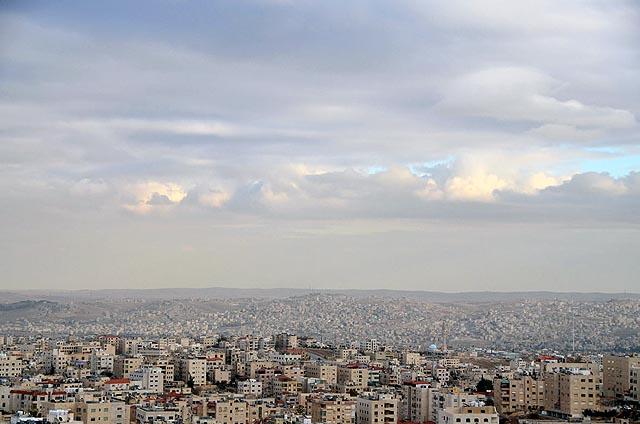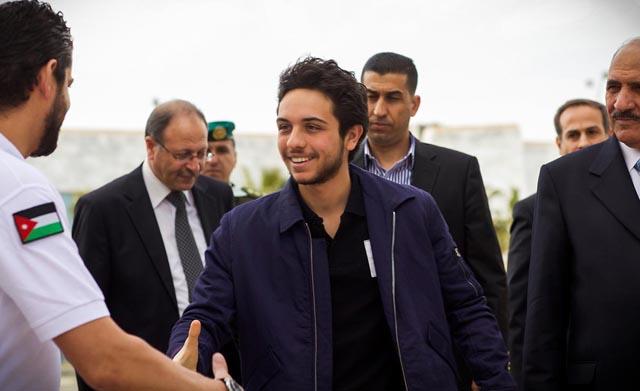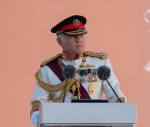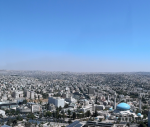AMMAN — His Majesty King Abdullah on Sunday attended a ceremony to honour the first round of winners of an initiative that seeks to support creative individuals involved in community service.
A total of 97 young Jordanians from across the country with various initiatives serving their local communities were announced as winners of the first round of the Youth Empowerment Windows Initiative, which is part of the Democratic Empowerment Programme “Demoqrati” launched by His Majesty in mid-2013.
Two documentaries highlighting the procedures taken following the launch of Demoqrati and samples of projects that won under the initiative were screened at the ceremony, also attended by HRH Crown Prince Hussein.
Omar Razzaz — chairperson of the King Abdullah II Fund for Development which implements the programme — highlighted the phases of Demoqrati and noted that 46 per cent of the winners were from the central region, 33 per cent from the northern region and 21 per cent from the south.
Also at the ceremony, attended by HRH Princess Rym Ali and Prime Minister Abdullah Ensour, King Abdullah listened to a briefing by several Jordanians about their initiatives and programmes.
Launched by His Majesty in June, Demoqrati is founded on development-boosting values such as the rule of the law, rejection of violence, acceptance of others, dialogue and accountability.
It is also meant to stimulate civil society institutions to play their role as a key supporter of citizens and issues of concern to the public.
It seeks to engage all segments of society, especially young people, in building a conscious democratic culture and facilitate it through democratic institutions and supportive civil society organisations, based on confidence in the country’s ability to make change and progress in its development process, according to the programme’s literature.
Speaking at the ceremony, KAFD Director Qais Qatamin said the strategy of the Demoqrati programme is based on organising debate clubs, encouraging wider political involvement, utilising youth creativity to serve the community and providing opportunities for youth empowerment.
The programme’s four youth empowerment “windows of opportunity” seek to encourage young people to join voluntary initiatives, institutionalise existing youth initiatives, support local community organisations to expand the outreach of their projects, and provide financial and technical support to larger projects to turn them into nationwide initiatives that reach the Kingdom’s governorates.
At a press conference following the ceremony, Razzaz stressed the importance of the Democratic Empowerment Programme, which, he said, has so far helped many Jordanians implement their creative ideas and benefit their local communities.
He added that another round will be held in April under which young Jordanians can implement their initiatives.
Winners receive financial support ranging between JD100 and JD50,000 to help them implement their plans, Razzaz said.
“We are keen to render the programme a success. That needs the cooperation of all,” he added.
Some of the winners showcased their initiatives at the press conference, saying that Demoqrati helped them realise their dreams in providing better services to the community and addressing issues of concern to them and their society.
Demoqrati seeks to enhance the values of democracy, enroot democratic practices in society and push the development process forward.

